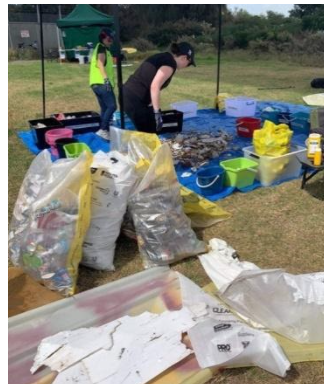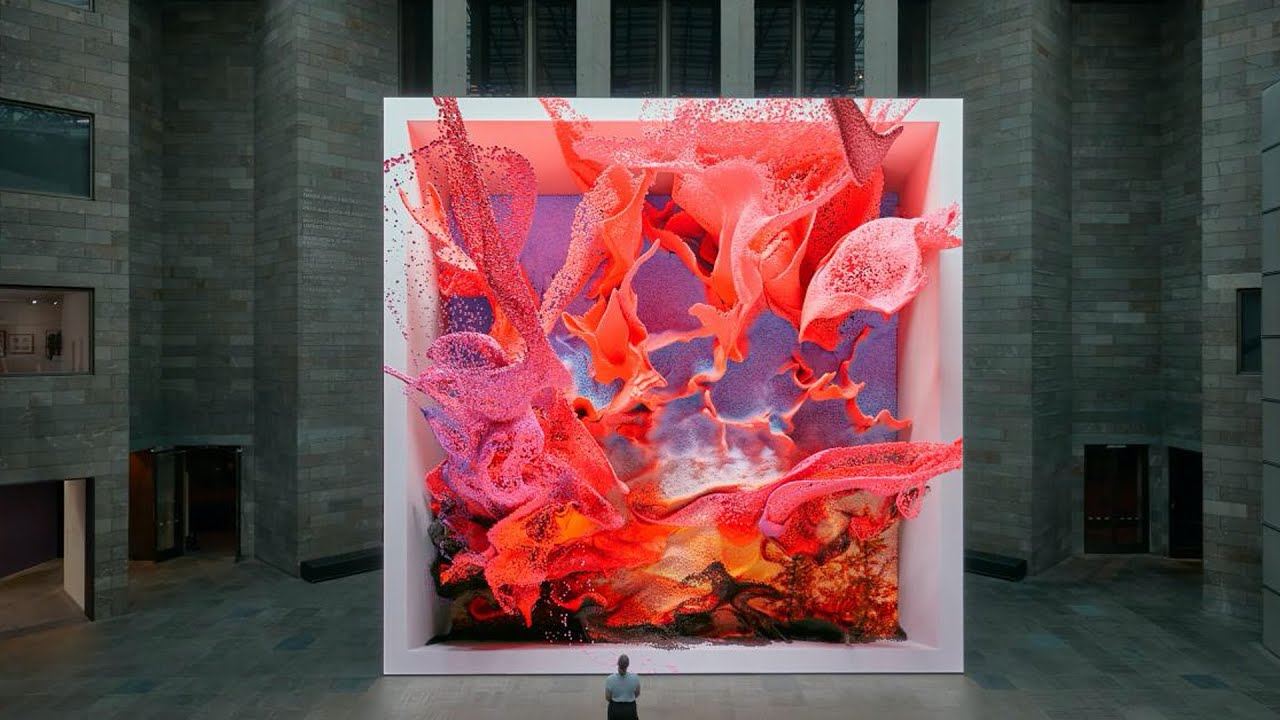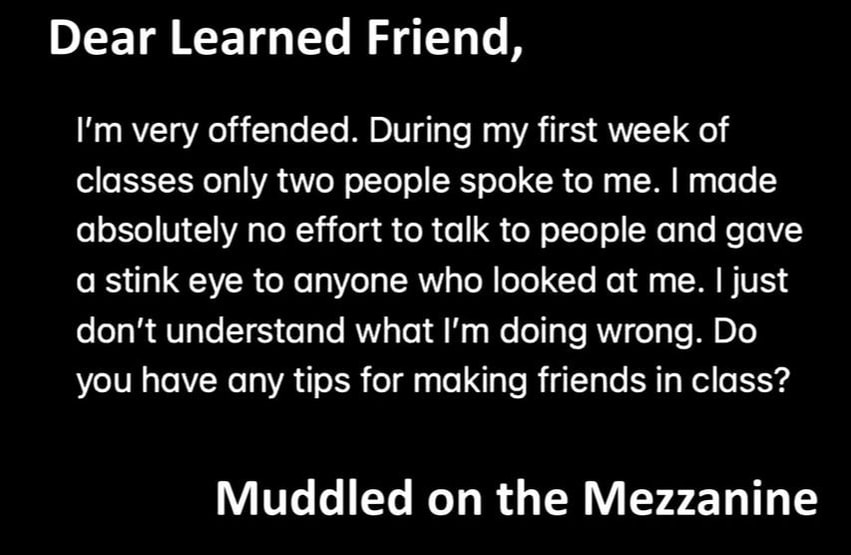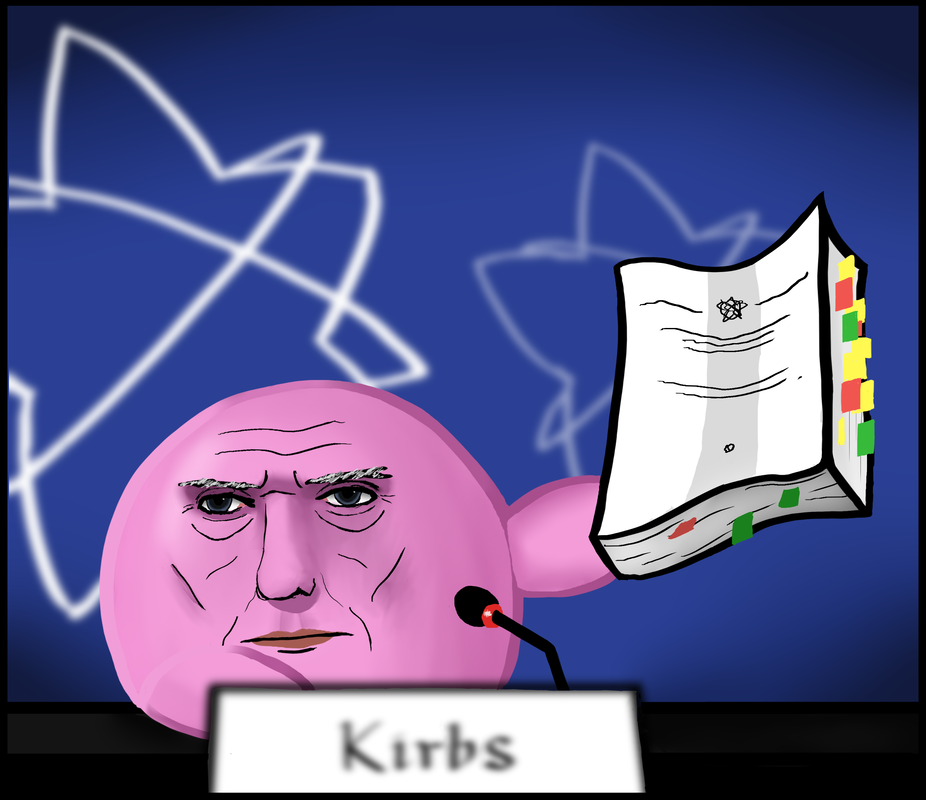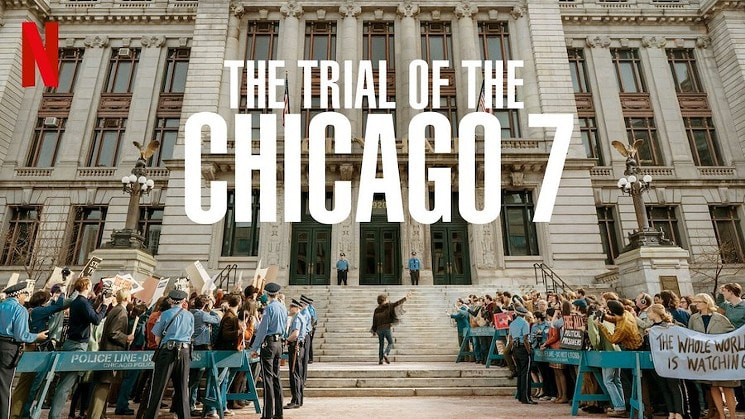|
In response to media enquiries we have received regarding a recent piece which appeared in De Minimis (‘On China’ published 18/3/2021), we have prepared the following statement:
De Minimis does not, nor has it ever, taken a stance on the opinions published in our pages. It is not our role to do so. Per our Constitution, our foremost purpose is to ‘facilitate the free and open exchange of ideas relevant to the Melbourne Law School (MLS) community.’ All articles are published with that purpose in mind. It is our job to allow the opinions and experiences of MLS to come to the fore, to be read by those who are interested. We have always taken this job seriously, and we pride ourselves on giving an unbiased platform to the diverse voices of our School. For example, last year we published a series titled International Perspectives, in collaboration with the Melbourne Law Students’ Society. This series of articles focussed on elevating the experiences of our international student peers. We understand that some members of our community find some of the opinions expressed in our pages distasteful. Strong disagreement is sometimes inevitable. No matter the topic, we welcome students to respond to articles they disagree with, and to advance an article that champions their values. Our inbox is always open. We look forward to continuing our work with the student body. Max Ferguson Editor-In-Chief Volume 19, Issue 4 Anonymous “So, you have chosen violence.”
The JD student glowered, feet planted, knees slack, shoulders taut and ready for battle. A textbook lay sprawled on the table a few metres behind her, its page number irrelevant, because on her frozen laptop screen was the pained face of Try Guy Keith Habersberger. He glared at the student’s empty seat, begging her to return to his Taco Bell Eat-The-Menu. The sorry scene was hidden by the blue fabric partition pressing in on the student’s heels. Volume 19, Issue 4
This semester, the Admin Law team – not content with their subject’s already horrific reputation – decided to teach the first part of the course partly online through the online learning and assessment module (the OLAM). In this brave new world of dual-delivery learning, we’ve all had to get a bit creative. But some ideas are definitely better than others. Volume 19, Issue 4 Dear Unmotivated, I have good news for you, motivation is high-key a scam. To expect that you’ll enthusiastically skip into the law library at 9am each morning, complete all your required readings with a grin, and then decide to treat yourself with the extension articles is not only unrealistic, but suspicious. Uni is rough, law school is worse and online law school is simply the worst. Add into that the mental fatigue of being in zoom calls all the time, probably having no friends (unless you’re extroverted and did a BA at UniMelb, in which case you know half the cohort), and doing at least one compulsory unit each semester that you barely tolerate, and it’s a wonder you have the energy to write in. Give up on motivation. Instead, aim for discipline. Printing Class Materials For Students Still Not Worth The Risk, Confirms Melbourne Law School.18/3/2021
Issue 3, Volume 19 Joe Aharfi “Dear Professor Dean, I write to ask about the class materials that in past years were printed for students by the university. I heard it through the grapevine that they were one of a few casualties in the whole COVIDSafe campus thing. But bars, clubs, and even sporting events are open – surely such reasoning starts to wear a bit thin?” Bruce Badley’s hands were steady as he set down a path of self-ruin. The third year JD student was only 24 - but in scepticism and general world weariness, a kind of carbon dating of the soul, he was about three thousand years old. And he was very, very disappointed. “It seems to me that the budget-cutters are closing in on all sides at Melbourne Law School. The sour-faced bureaucrats, with their blue tongues and darting eyes. Tell me, did they really save this place much money when they scribbled out ‘hard-copy of class materials’ in the long list of law school amenities? I think not!” His fist swung down, slammed hard on his desk. “It all feels so unfair! I pay a lot of money to study here. In fact, in the first week I was so happy to be back on campus that I let the whole thing slide. But enough is enough. It’s been three weeks and I need something to bleat about. So, consider this a demand to print and bind our readings again. Please.” Bruce was struck with the realisation that he had never really read them anyway, but judged this to be an irrelevant detail. “And don’t even get me started on the piano…” Joe Aharfi is a first year JD student The views in this article do not necessarily reflect the views of De Minimis or its Editors. Issue 3, Volume 19
Every piece of plastic ever produced, unless burnt, is still around (1). If you think about it, that’s a lot of plastic (approximately 8.3 billion metric tons!) (2). That’s why last Sunday, on Clean Up Australia Day, the Victorian Environmental Law Student Network (more affectionately known as VELSN) partnered with the Australian Conservation Foundation and volunteers including Federal and Victorian MPs to clean-up the river mouth of the Yarra, a known catchment for river pollution. Standing under the bridge in Westgate Park on a beautiful Sunday morning, it was easy to forget that we were gathered to pick up trash along the Yarra River. From where we stood, the park was pristine, with people enjoying the morning sun and taking walks along the river. And yet, we would soon have collected a whopping 71Kg of waste in less than two hours. At points, it felt as if there was more styrofoam than sand, bottle caps than shells, plastic soy sauce fishies than Bass, Grayling or catfish combined. There was a myriad of other single use plastic items coming from the streets, including hazardous used syringes. That was extremely depressing and heartbreaking. Despite the grimness of finding so much waste in such a small area, there is much within the waste management sphere that we can be hopeful about. We noticed very few single use plastic bags (compared to previous years). And contrary to some pundits, these have largely not been replaced with the reusable ones. This is proof of the positive impact corporate and consumer efforts can have on the environment, if we just try. A Review of the NGV Triennial Exhibition by Someone Who Knows Absolutely Nothing About Art18/3/2021
Issue 3, Volume 19 Tim Irving To reiterate that title, I know nothing about art. Van Gogh’s the guy that cut his ear off, Pollock’s the guy that looks like he’s spat all over his paintings, and Monet really needs to visit an optometrist and get himself a glasses prescription. Wandering around a gallery sounds exhausting and extremely boring to me, but the current NGV Triennial exhibition only happens every three years, so I guess that means it's good? In attempt to prove that I’m a man of substance and personality, I ventured down Swanston Street to have a look at the 2020 Triennial exhibition. Free with a booking, and closing on April 18, the exhibition is the talk of the town and the current must have Insta-story. My cynical expectation for the exhibition was that it was a place you visited in order to look and feel cool, and not a place you would especially enjoy visiting. Others pretend to like it, and when coupled with the desire to look and feel cool, you pretend to like it too – aka visiting a club (The Swan on a Saturday is the worst place in the world, but I digress). Image Courtesy of NGV (www.ngv.vic.gov.au/exhibition/triennial-2020) While at the exhibition I saw a “photographer” taking photos of a likely try-hard insta-model in front of exhibits, so my suspicions remain somewhat correct. I’m happy to report however that I was largely proven wrong, and I have no reservations in recommending going and viewing the exhibition. If you’re like me and know nothing about art I can assure you that you’ll have a good time.
The types of art that I’m most familiar with are paintings by the big names that we’ve all seen before, so I have very limited ability to evaluate the contemporary art, design, and architecture that is featured in this exhibition. Thus, take the following thoughts with a grain of salt:
I saw the 2018 Triennial (#imsocoolivebeentothengvmultipletimes), and in my humble opinion 2018 was better than the 2020 exhibition. From memory, 2018 had a greater number of exhibits that were generally more creative and exciting, likely due to differing themes and intentions of the two exhibitions. 2020 features a number of large, entire room occupying pieces that, again in my ignorant opinion, are mostly just fine. I’d prefer to have a greater number of smaller pieces, rather than the chosen larger curation, but you can’t always get whatcha want. This Triennial is interwoven with the permanent collection on the upper floors, perhaps due to the larger size of the ground floor pieces. The signs are not especially helpful in guiding you through, and identifying the Triennial pieces from amongst the permanent collection is not speedily accomplished. This is not necessarily a criticism, more that as a time-sensitive law student it is worth noting that to view the entire Triennial you have to wander through the entire NGV, which can take quite a chunk of time. Grab a mate and head on down to the NGV for the Triennial before it closes April 18. Tim Irving is a first year JD student The views in this article do not necessarily reflect the views of De Minimis or its Editors. Issue 3, Volume 19
Anonymous *Content warning: genocide, sexual assault, racial violence, anti-China sentiment.* From the early 1960s, until the end of Apartheid in 1991, governments, institutions, and individuals stood against the disgusting racism of a white supremacist South African system. Something that I did not know until I started researching this article was that this University was at the forefront of the anti-apartheid movement in Australia, with an activist group called Student Action founded after the Sharpeville massacre. It was recognised that apartheid was an abomination, and that every civilized human being had a moral responsibility to resist it in whatever way they could. Students and faculty boycotted South African cricket matches and South African economic products. Universities and academic journals around the world prevented South African participation in their institutions and publications. Of course, they were accused of politicising sports, and science, and art. However, it was not the anti-apartheid movement politicising the world – it was the South Africans, by politicising our common humanity. The brave activists who walked through these halls ahead of us did this even when the Australian Government cravenly supported South Africa. However, over the decades, their few voices rose to a crushing volume, and eventually forced a change here and around the world. It is now recognised that the political pressure exerted on South Africa, particularly from close trade partners, was essential in ending apartheid, in the last country in Africa under white minority rule. It is my belief that a similar situation has arisen in the world today. An Uncivil Union? Family Court and Federal Circuit Court Merger to Go Ahead Despite Opposition11/3/2021
Issue 2, Volume 19
Matthew Harper-Gomm With the Morrison government’s federal court structural reform bill receiving royal assent on the 1st of March, a separate Family Court and Federal Circuit Court are set to become a thing of the past, with the two to be merged into a single new court – the Federal Circuit and Family Court of Australia (FCFC). The passage of the Federal Circuit and Family Court of Australia Act brings to an end the 45-year history of the Family Court, first established by the Whitlam government in 1976 in the face of fierce resistance from the Liberal Opposition. Now, almost half a century later, the tables are turned with the Liberals abolishing the court and rolling it into the Federal Circuit Court in the face of strong Labor criticism. The new court will contain two divisions – Division 1 will be a continuation of the Family Court and comprise the same judges, and Division 2 will do the same for Federal Circuit Court, but both will be under the direction of a single Chief Justice and Deputy Chief Justice. The reforms in their final iteration promise a slight increase in the number of specialist judges in each division, as recently noted in a fastidiously neutral media release from the Family Court itself, but the statement also notes that the Court will continue to “seek further resources” to implement the reforms and reduce current delays and backlogs. Max Ferguson
As the 2021 EIC of De Minimis, it falls to me to write a pithy and cocksure introduction to the new uni year. You might already know me from my classic hits, such as running an extremely unsuccessful campaign for LSS President, or doing my hair like Ted Cruz. In any case, I am in my third year at this Dickensian joy-factory known as MLS, and still kicking. That’s got to count for something. Joe Aharfi The peace of a quiet Carlton share house was shattered this evening when feedback for LMR’s second assignment was sent out.
Tim Irving
4.5 / 5 Stars Director and writer Aaron Sorkin (The Social Network, The West Wing) is a great writer of enthrallingly energetic dialogue and especially entertaining films. His latest, The Trial of the Chicago 7, is no exception. Aaron Sorkin believes in an America that never existed and much of his work can be described as centrist pornography featuring dreamy righteous men doing the right thing. His latest, The Trial of the Chicago 7, is no exception. |
Archives
October 2022
|





